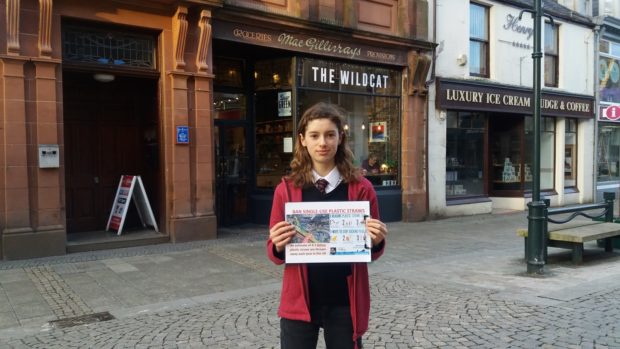In country after country, schoolchildren have been staging protest marches.
Their targets are the older generations presently in charge of governments, corporations, political parties and all the other organisations that shape the way we live.
Older folk, or so more and more young people think, are letting them down, betraying them, doing nothing about problems that, if not tackled urgently, will blight their adult lives.
Youngsters are correct. In Britain anyway, they aren’t getting a fair deal. And what makes this state of affairs all the more inexcusable is that it’s presided over by people who benefited hugely from much that is denied to today’s young.
Amid all of Britain’s misplaced nostalgia for times past, and for the World War II era in particular, little is said about the way that older folk of that time – including politicians – made it their business to ensure that the next generation got a better start than they’d had.
Much of what was done for us – and I write as someone born just three years after the war ended – would today be dismissed as ‘nanny state’ do-gooding it’s presently the fashion to deplore.
Firmly in this category were distributions of cod liver oil, concentrated orange juice and National Dried Milk. Like visits made by district nurses to families with small chidren, and like the vaccination drives and health checks intended to protect us from polio and tuberculosis, those ‘hand-outs’, as they would now be called, were devised by people not at all all inclined to romanticise what they’d come through.
They’d experienced not just wartime suffering and slaughter but the mass unemployment, poverty and illness that blighted 1920s and 1930s Britain – a country where there were none of the advantages we post-1945 baby-boomers would come to take for granted.
And what advantages these were! When our parents and grandparents were children there had been no free health care, no secondary school education for everyone, no cash grants of the sort that made it possible for many of us from less well-off backgrounds to go to university and to live at no cost to our parents when we got there.
So what have we, the beneficiaries of all of that, been doing to replicate what the now long-gone older generations of mid-twentieth-century Britain did for us?
The answer’s precious little. The society we’ve created, the society today’s children are expected to move into, is altogether harsher, more uncaring, than the one that, decades back, awaited us.
The National Health Service struggles. The all-embracing social security system put in place in the 1940s and 1950s has given way to a cash-starved and mean-spirited approach to unemployment, disability and much else – an approach characterised by a hard-faced insistence on penalties and sanctions of all kinds.
Nor, for many young folk, are things much better in the world of work. Sure, there are more people than ever in employment. But the jobs on offer are all too often temporary, part-time, precarious.
Secure, well-pensioned occupations have mostly gone the way of National Dried Milk. Instead the young are offered zero-hour contracts that bring with them no entitlement to sick-pay, holidays with pay and other rights once almost universal.
Wages, in real terms, have been stagnant for longer than at any period in the last 200 years. Fewer and fewer young people can afford to buy a home. Social housing of the sort that, 50 or 60 years ago, was provided in huge quantities is no longer a priority. Rents, meanwhile, spiral upwards.
Now, as Britain lurches towards a Brexit guaranteed (whatever form it takes) to shrink our national economy, politicians boast that they’re ending freedom of movement – making it impossible, in other words, for young people to live, work or study in a Europe that’s been open to them.
Think about that from the perspective of someone in their teens or early twenties. Their age-group is overwhelmingly in favour of keeping their country in the EU. But their aspirations seem to matter far less than the wishes of their elders – even though it’s the young who’ll have to live longest with the consequences of pro-Brexit politicking in which they have no worthwhile say.
But if there’s a selfishness in this disregard for the interests of young people who want to maintain links with Europe, it’s outweighed by the greater selfishness evident in the failure of older generations to take steps needing to be taken if today’s children aren’t to find themselves living in a world wrecked by runaway climate change.
In Fort William a 13-year old Lochaber High School student, Holly Gillibrand, has attracted media attention by walking out of lessons and urging other children to follow the example of the continental youngsters whose marches in support of meaningful climate action have brought cities to a standstill.
If we baby-boomers were to back measures of the sort Holly and lots of other children think we should be backing, we’d have to give up some of the many comforts we’ve got used to. So far, we’ve shown no willingness to do that. Perhaps it’s time we did.
Jim Hunter is a historian, award-winning author and Emeritus Professor of History at the University of the Highlands and Islands

